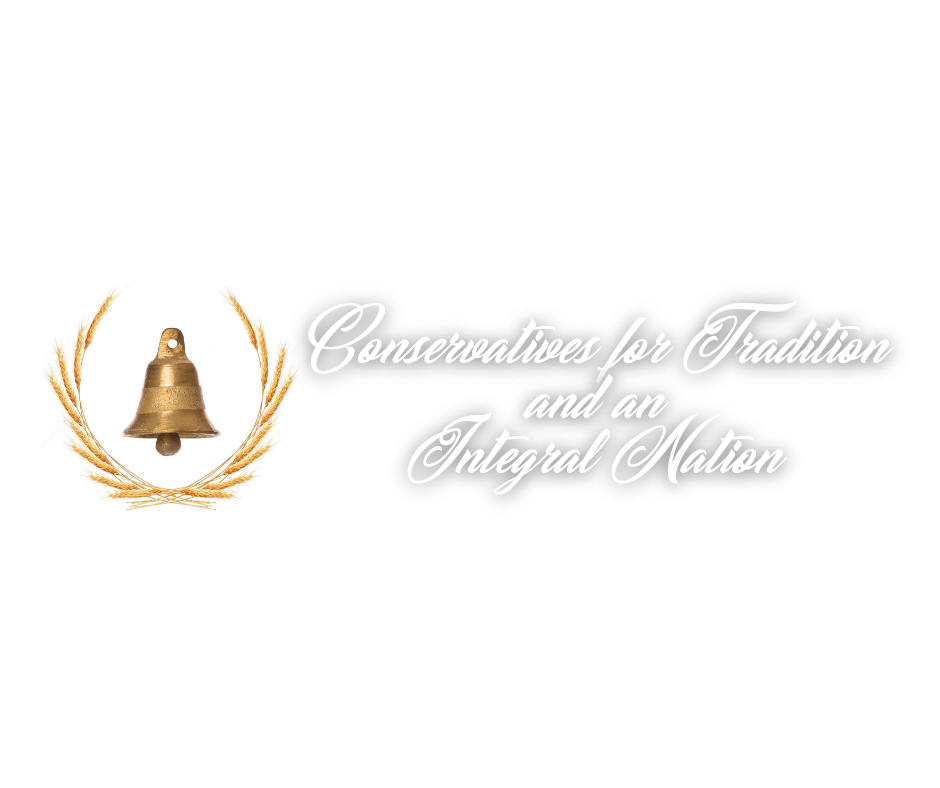Rights and Duties, Duties and Rights
Are rights a coherent concept in modern America? How are we to understand this idea of rights, which are considered sacred in our country?
When we say someone has a right- like, a right to bear arms, are we saying that these rights are natural, or God-given? In what sense can this be true? Does nature (or nature’s God) naturally form a rifle by some sort of combination of minerals and deposit it into a man’s hands? Does some invisible force stop soldiers from entering your house? Do bolts of lightning prevent police from pilfering through your belongings without a warrant? No?
Rights are not creatures of the physical laws of the universe. Instead, we must recognize them for what they are- social constructs, socially negotiated. And, like most things in our society, the discussion around rights has become extremely imbalanced, shallow, and incurious.
As rights are not a force of physics or chemistry, they must be something else. We might say that rights are ‘social constructs’, but that in no way denigrates the value of rights, or their importance in a political system. It simply means that rights, like every other social institution, is a part of society, a part of the State, and as such, must have a teleology, and a function in the working of that State.
A good exercise for the reader is to imagine why a right has been enshrined in our legal system, then work backwards to discover the social purpose of establishing such a right. The right to bear arms was established because militia duty was expected of the colonists, and a reserve army of citizens was both cheaper and less dangerous to the government than a large standing army in the Prussian model. The right to be free in one’s religious practices existed because European states had torn themselves apart in wars of religion, and it was expected that American society would be full of zealous believers that could not be corralled into a state church. Essentially, freedom of religion was a peace treaty.
The right to speedy and public trials existed because juries were expected to fairly (and quickly) decide disputes in their communities, being the closest and most affected population of any civil wrong or crime, and because England’s star chambers and bills of attainder (and “constructive treason”) had become so infamous.
Do Americans currently serve in a militia? How many people concoct excuses to avoid jury duty? Does confessional politics still threaten the state, or do we now live in a secular society where religion itself is besieged?
At their best, rights are an organic expression of a State’s relationship with its citizens, a kind of photographic negative of the duties and behavior expected from citizens. Being organic, these conditions will of course change over time- but our sclerotic worship of the constitution admits very little change, even as the facts on the ground have shifted dramatically in the past 250 years.
One also cannot blame the Founders for failing to enunciate the duties that they expected from citizens bearing such rights; they lived in a time and place where such things were so obvious, they thought they need not be even mentioned. Like a fish swimming in water they take for granted, the Founders were swimming in a very strong cultural current of militiamen and religious people, and simply could not imagine how these rights might be decontextualized by future generations.
Let us understand what these alleged rights, stripped of their context of a corresponding duty, have done. News and media companies are largely protected by the First Amendment, even when they report in the most scandalous and inflammatory manner. The First Amendment also protects pornography, and the unlimited donation of cash to political action groups. The right to privacy- never explicitly granted in the Constitution- has been held to protect infanticide. The 14th amendment, with its protection of “privileges and immunities” and “equal protection” has been held to ban states from prohibiting homosexual marriage, despite being an amendment explicitly passed to protect newly freed slaves from disenfranchisement. The increasingly expansive interpretation of the 2nd Amendment has meant that firearm regulation has become increasingly impossible.
Facts without context are meaningless, and words are the same. Without the context of the yeoman culture from which these rights emerged, they become simply words on a page, words without context that can be endlessly manipulated, stretched, interpreted, and otherwise abused. Instead of an honest appraisal of the protections and duties a citizen of a modern state ought to have, our legal system instead plays language games with ancient sentences.
This is an abuse of reality. Society creates rights, and extends duties. Our current dispensation ignores the social negotiation that is required, and instead defers such questions to judges and lawyers.
A right, stripped of its social context and connection to a duty, becomes a pernicious force, a kind of blank check or legal trick. What we propose to do is once again reopen the social negotiation, and connect a right to a duty. Both must work in harmony to be organically healthy.
Your right to free speech ought to come with a duty- the duty of honesty and integrity. Your right to own weapons ought to come with a duty- to serve the State in an armed capacity. Every right comes with a duty- and if one neglects their duty, in what sense can we say they deserve a right?
Drawing breath is not enough. Each right must be contingent on some criteria- a positive end that the State expects will result from this particular right. When that is abused- and becomes actively malicious, it is the duty of a society to step in. No one has a God-given right to injure society while hiding behind legalisms, and a real State would recognize this.
